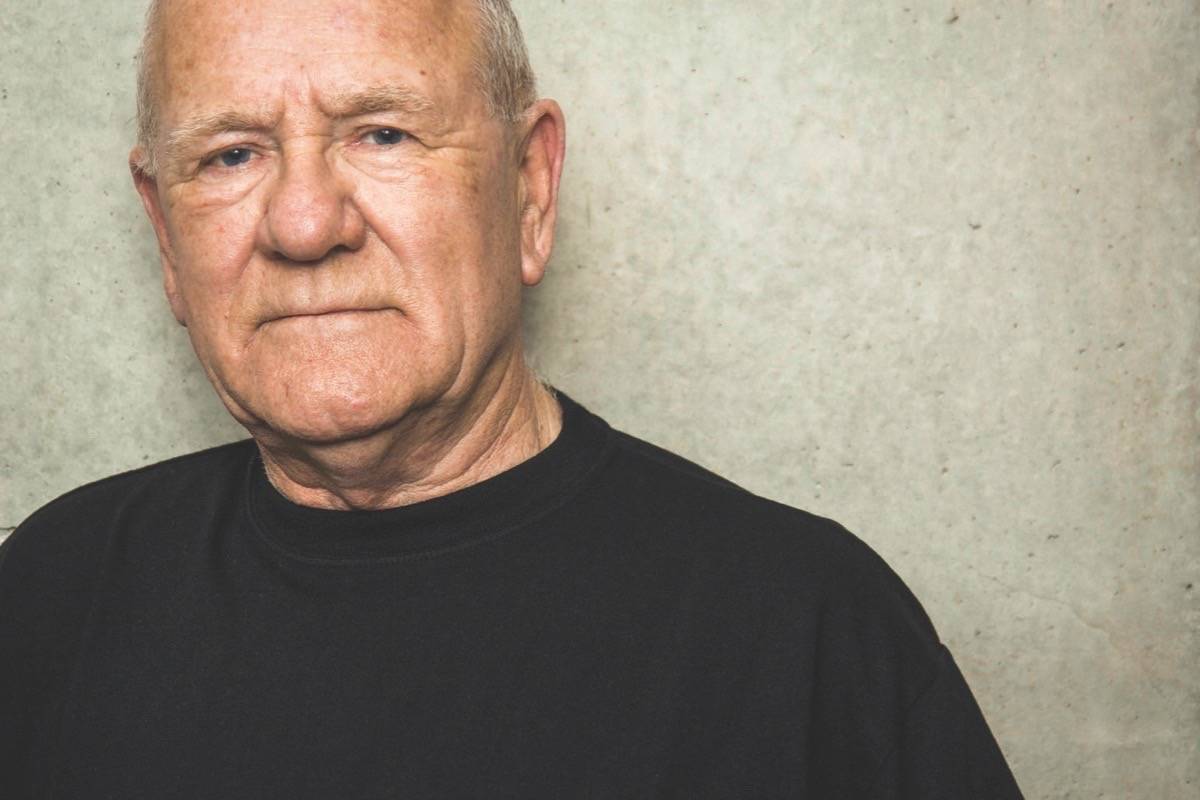Elder abuse is one of the most horrendous crimes plaguing society today.
The thought that many seniors are abused in a number of ways – physically, financially, psychologically, emotionally – and that few of these situations are ever reported, is heartbreaking.
Seniors deserve our care and respect.
They’ve worked hard through their lives and it’s unimaginable that some of them are forced to endure their final years in fear.
They are often facing so many challenges as it is – illness, increasing frailty, isolation, not to mention the deaths of long-time close friends. It’s a vulnerable season of life, and a time when they should feel safe, valued and protected.
According to Statistics Canada, based on police-reported data, nearly 2,800 seniors aged 65 years and older were the victims of family violence in 2010 (the most recent statistics available). Presented as a rate, the senior population had the lowest risk of violence compared to any other age group, irrespective of whether the incident involved a family member or someone outside the family.
Overall, seniors were most at risk from friends or acquaintances (73 victims per 100,000 seniors), followed by family members (61 victims per 100,000) and strangers (51 victims per 100,000). Grown children were most often identified as the perpetrator of family violence against seniors.
In 2010, the rate of spousal violence for senior women was more than double the male rate (22 versus 10 per 100,000 population). Senior women were also slightly more likely than senior men to be victimized by their children in 2010 (27 per 100,000 versus 24 per 100,000 population).
June 15th was World Elder Abuse Awareness Day, and even though it has passed, it is still a reminder that this is a real issue and we must address it as a society.
Even though it is ‘recognized’ only one day a year, it is important to keep this topic at the forefront of conversations and be proactive in addressing it.
The International Network for the Prevention of Elder Abuse (INPEA) established WEAAD on June 15, 2006.
Since its inception, organizations from around the world, including governments, community agencies, educational institutions and professionals in the field of aging, have held events to raise awareness of elder abuse.
Preventing and reducing elder abuse starts with knowledge.
Raising awareness can help Albertans understand the factors that contribute to the abuse of older adults, how to recognize abuse and where to go for assistance.
Albertans can make a crucial difference in keeping older adults free from abuse and helping those who are abused.
Elder abuse is any action or inaction by self or others that jeopardizes the health or well-being of any older adult and is divided into six categories which include physical, emotional, financial, sexual, medication and neglect.
Elder abuse is often committed by someone known to the victim, such as a family member, friend, or caregiver.
Financial and emotional abuse are two of the most frequently reported forms of elder abuse. And one of the most important things to remember is that it can happen to anyone.
We must take a stand and be a voice for the seniors in our community.
Any abuse of any kind is intolerable, but the abuse of a senior is a horrendous act. We can all help to ensure the safety and security of the seniors in our community – even by starting the conversation and spreading the awareness. Every little bit helps.



